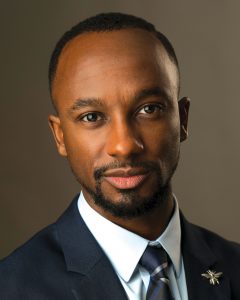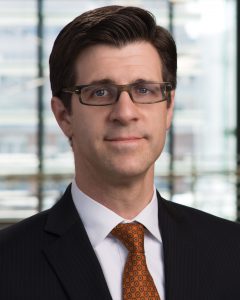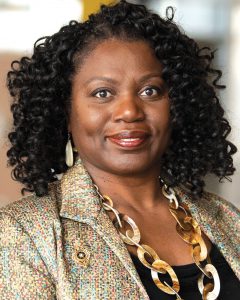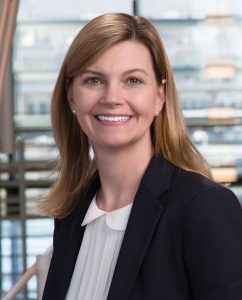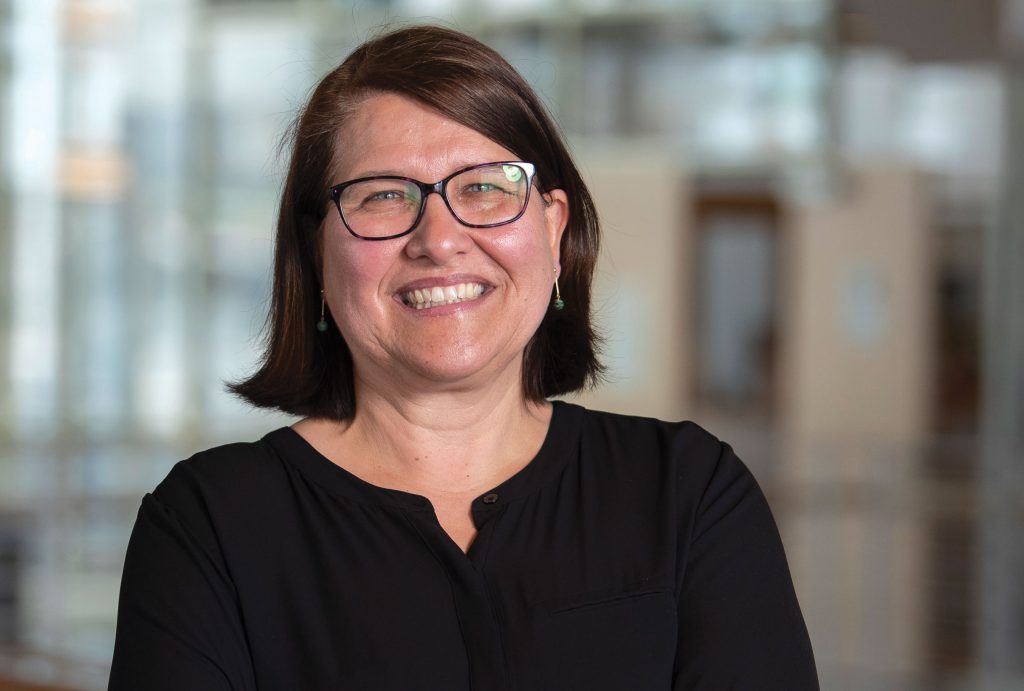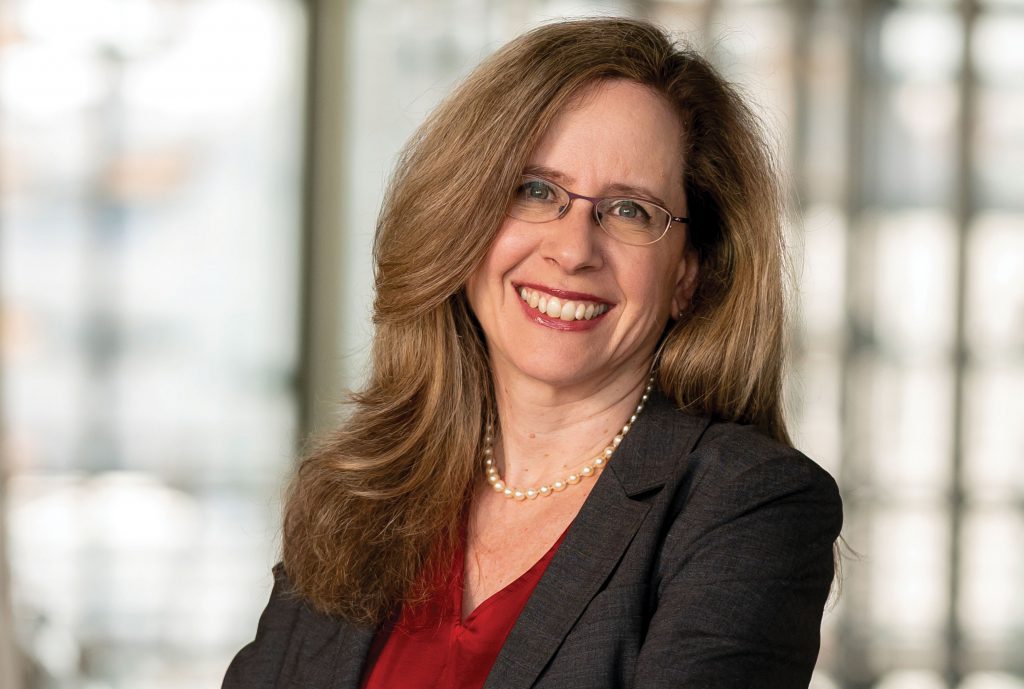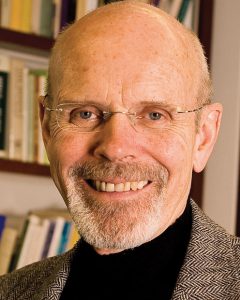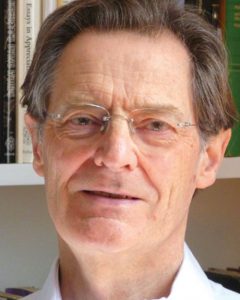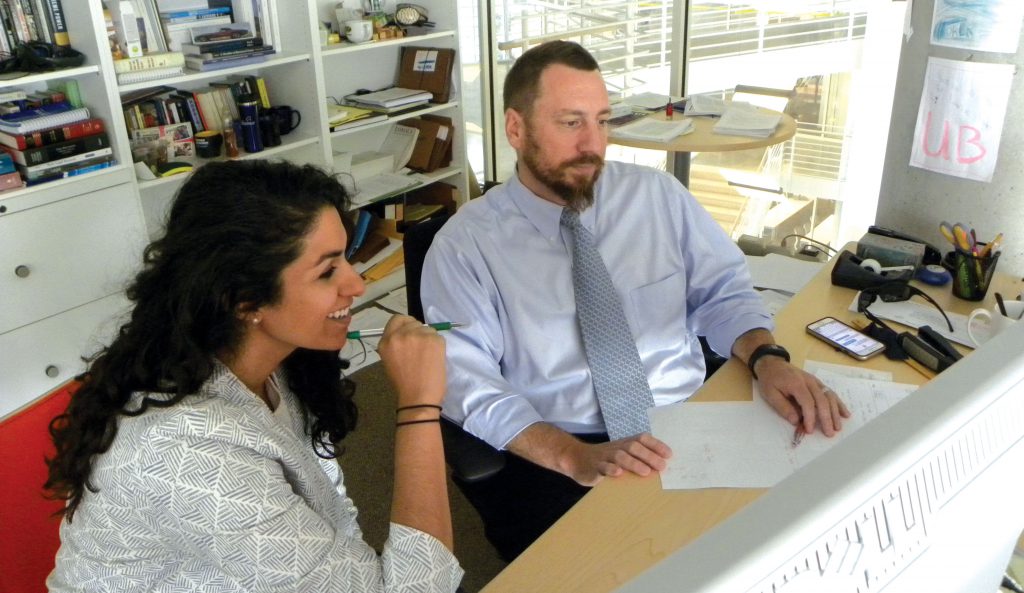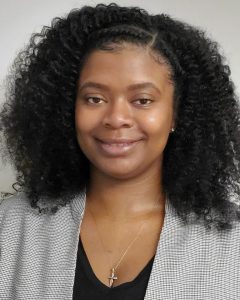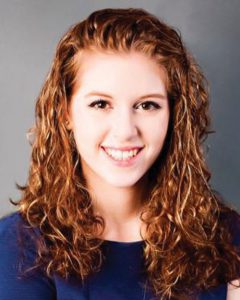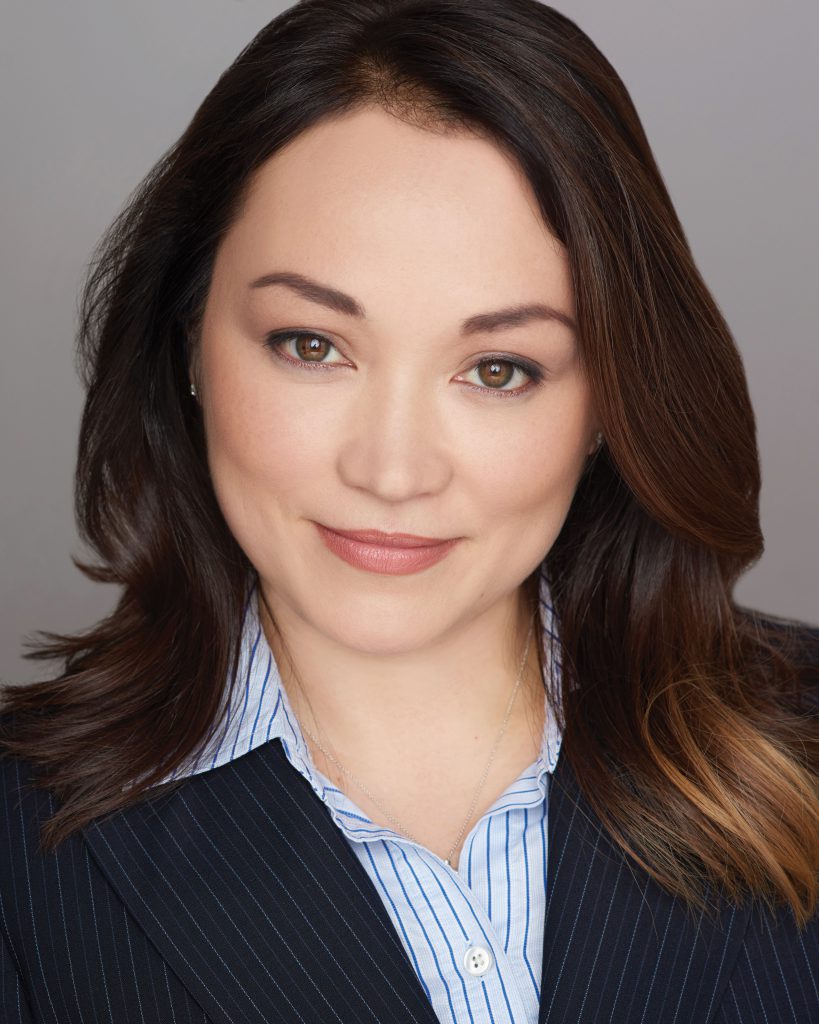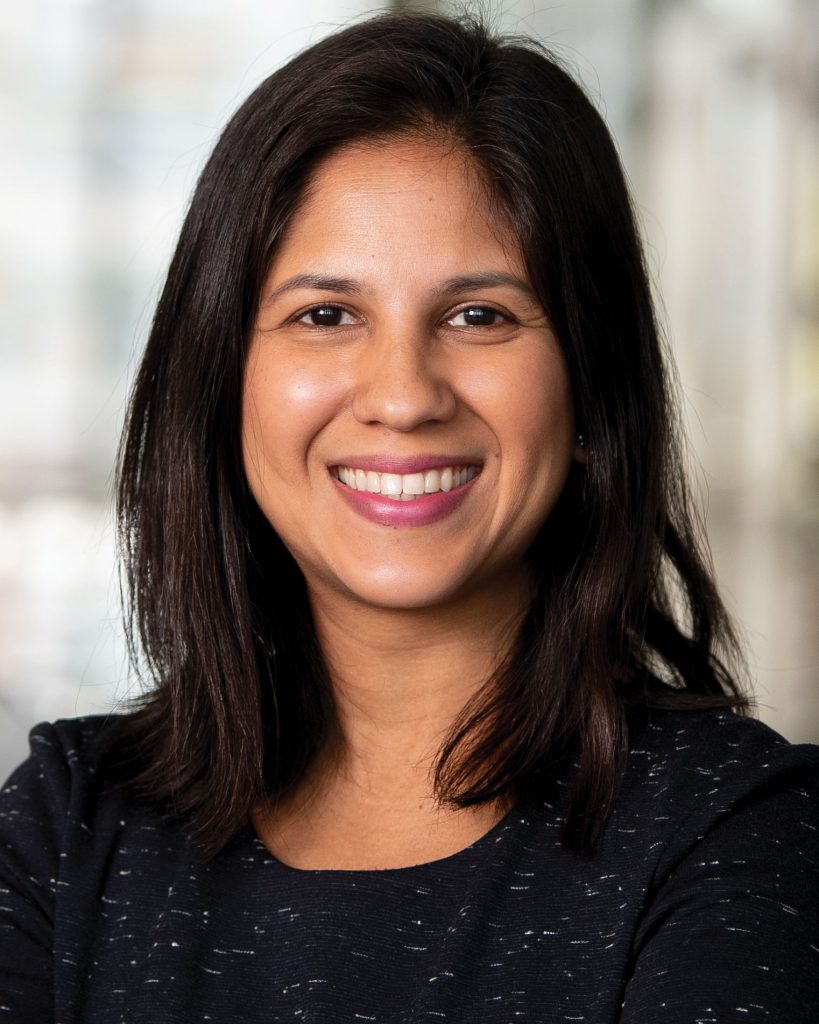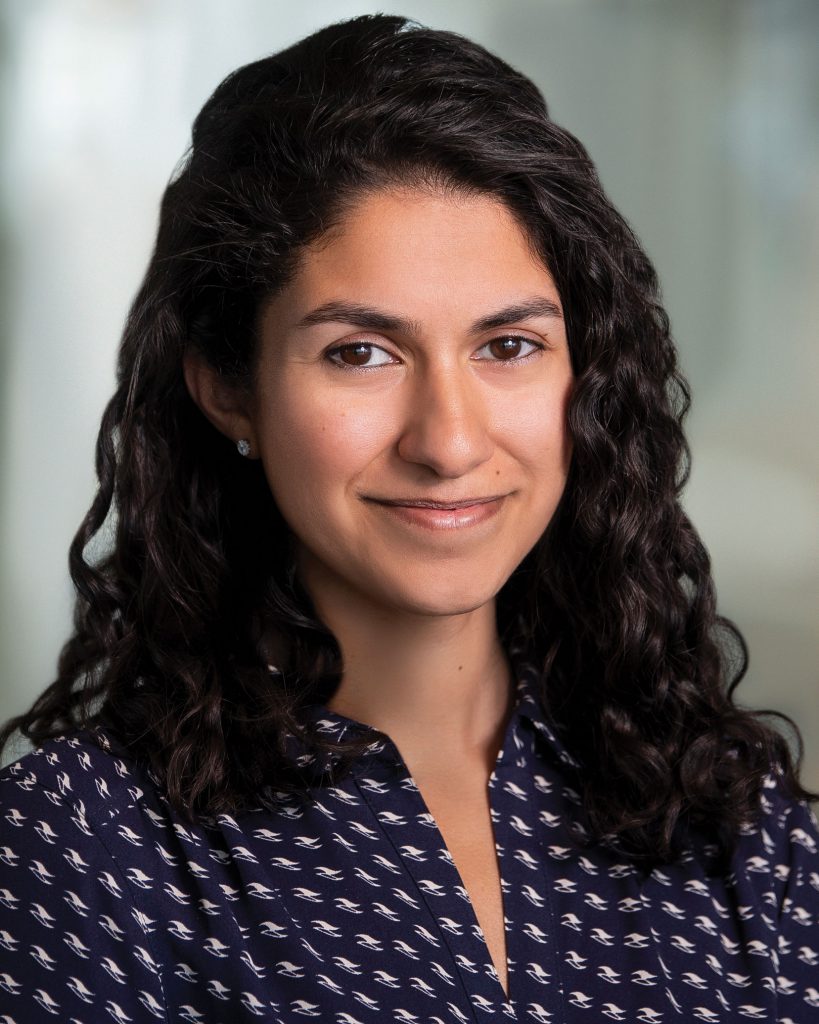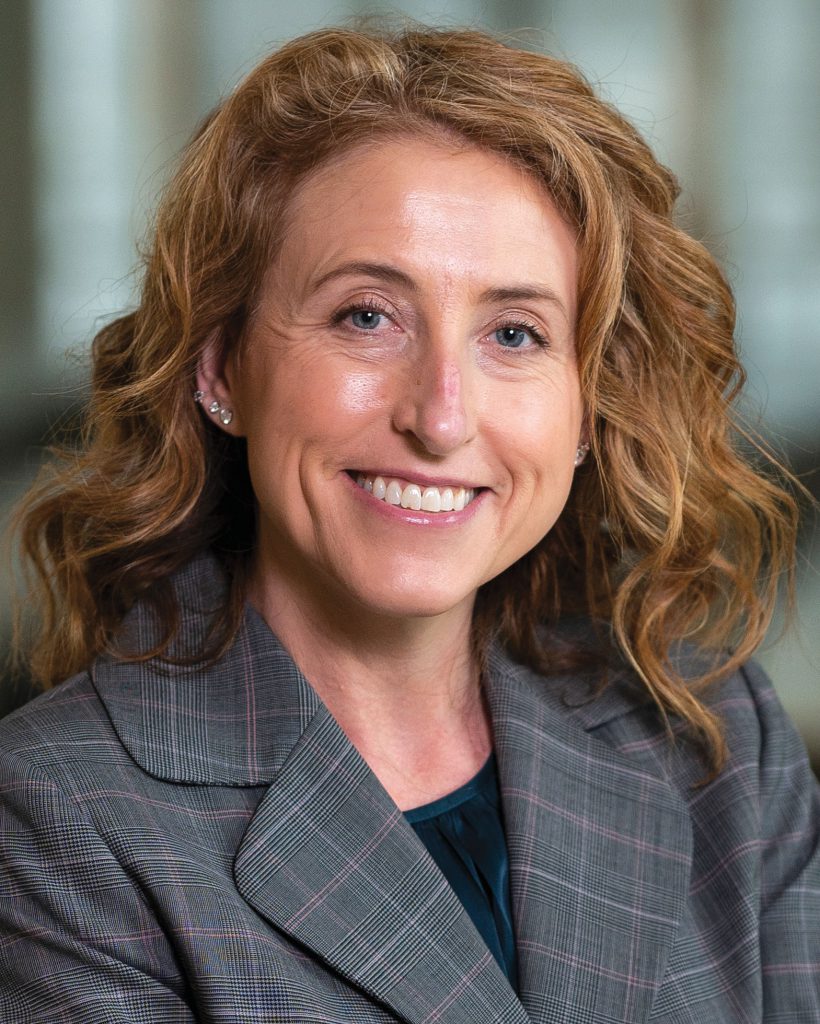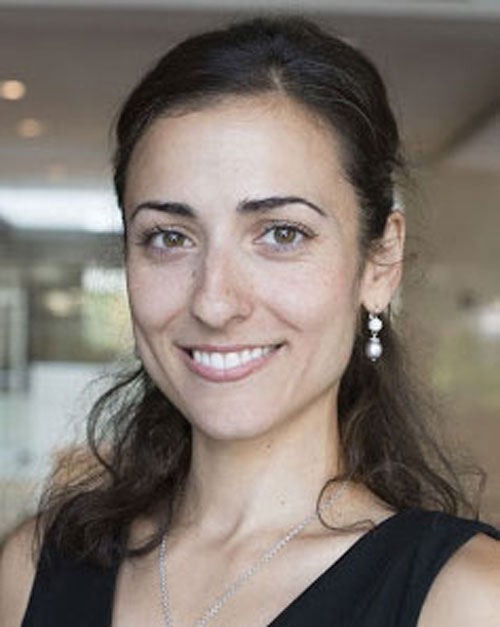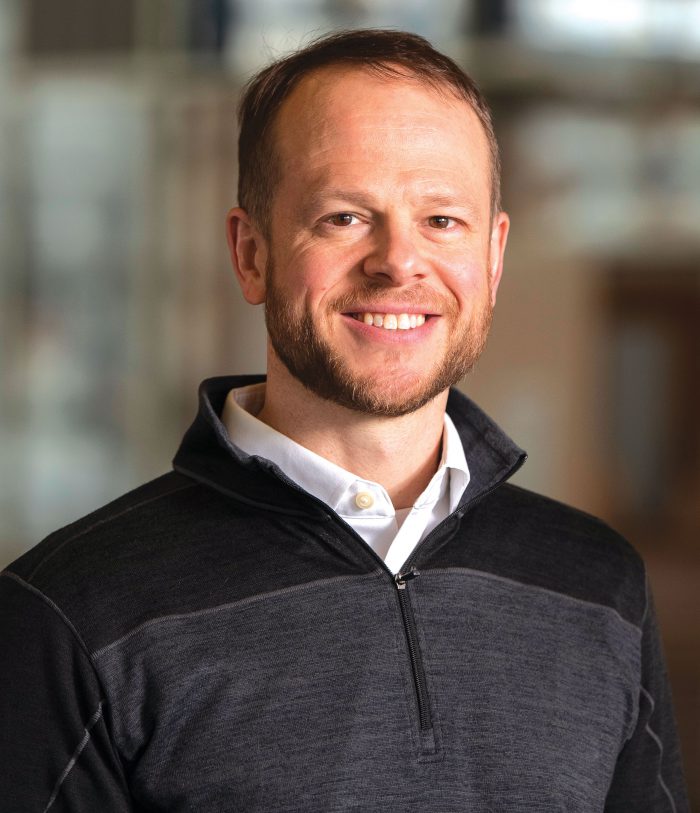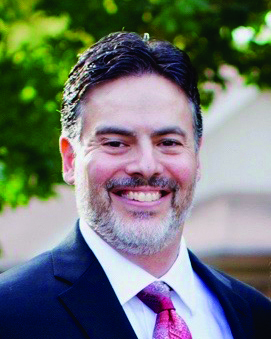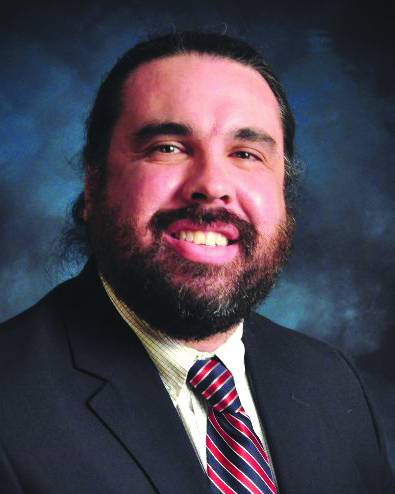The Wilson H. Elkins Conference on Republicanism will take place Thursday, Oct. 7 through Saturday, Oct. 9, 2021, at the School of Law.
Regents Professor and Wilson H. Elkins Professor M.N.S. Sellers, co-director of the school’s Center for International and Comparative Law, and other noted lawyers, philosophers and political scientists, will discuss Republican law, Republican justice and the Republican form of government. The results of the conference will be published by Oxford University Press as The Oxford Handbook of Republicanism.
Philip Pettit, the Laurance S. Rockefeller University Professor of Politics and Human Values at Princeton University, and Distinguished University Professor of Philosophy at the Australian National University, will deliver the Wilson H. Elkins Lecture on “Republican Democracy” at 5:30 p.m. on Oct. 7.
Quentin Skinner, the Barber Beaumont Professor of the Humanities and co-director of The Centre for the Study of the History of Political Thought at Queen Mary University of London, will deliver the John Sumner Stead Lecture on “Liberty and Rights: A Neo-Roman Approach” on Oct. 8 at 9:45 a.m.
Pettit works in moral and political theory and on background issues in the philosophy of mind and metaphysics. He was elected fellow of the American Academy of Arts and Sciences in 2009, honorary member of the Royal Irish Academy in 2010, and Corresponding Fellow of the British Academy in 2013; he has long been a fellow of the Australian academies in Humanities and Social Sciences.
Pettit’s recent single-authored books include On the People’s Terms: A Republican Theory and Model of Democracy (2012); Just Freedom: A Moral Compass for a Complex World (2014) and The Robust Demands of the Good: Ethics with Attachment, Virtue and Respect (2015).
Skinner is a fellow of the British Academy and a foreign member of several other national academies, including the American Academy of Arts and Sciences and the American Philosophical Society.
His scholarship, which is available in 20 languages, has won him many awards, including the Wolfson History Prize and a Balzan Prize. His two-volume study, The Foundations of Modern Political Thought (1978), was listed by the (London) Times Literary Supplement in 1996 as one of the 100 most influential books published since World War II.
Skinner’s other books include Reason and Rhetoric in the Philosophy of Hobbes (1996), Liberty Before Liberalism (1998), Machiavelli (2000), Hobbes and Republican Liberty (2008), Forensic Shakespeare (2014), a three-volume collection of essays called Visions of Politics (2002), and From Humanism to Hobbes: Studies in Rhetoric and Politics (2018).
The Republicanism Conference is supported by grants from the Wilson H. Elkins Fund of the University System of Maryland and the John Sumner Stead Fund of The University of Baltimore Center for International and Comparative Law. To learn more, email cicl@ubalt.edu.

